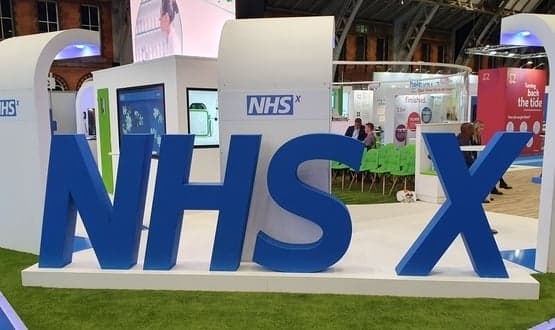Patients need ‘control panel’ for data
- 26 September 2014

The rise of big data cannot be stopped so patients must be able to make “fine-grained” decisions about how their clinical information is shared and used, a GP has argued.
Dr Marcus Baw suggested to EHI that giving patients a “control panel” to let them to decide how their data is used might be one way to address concerns about data sharing, and to reduce the burden of consent on GPs and other care providers.
The future of GP databases and the information they contain will be one of the topics of discussion at the BCS Primary Healthcare Specialist Group’s 34th annual AGM and conference next month.
Dr Baw is a PHCSG committee member and he argued that the issue is “highly topical”, given the debate about care.data – the NHS England programme to link datasets and make them available to researchers – and a consent model for patients.
While some pressure groups have taken a strong stance against care.data and other databases, Dr Baw said GPs are aware that they are likely to grow in size, use and importance.
“I think the rise of big data sets is inexorable, and trying to prevent that is futile. Big data is something that’s needed and wanted, so the question is, how do we do that in the best way without losing patients’ rights to privacy?”
Baw said existing GP databases, such as the Clinical Practice Research Datalink and ResearchOne, are being “actively used” to develop the risk profiles that sit behind virtual wards and similar initiatives, and to deliver “palpable benefits”.
The PHSG conference will focus on making sure that they are well-designed. Baw said the specialist group has been around “since the birth of GP healthcare computing”, acting as one of the first interest groups for healthcare computing in the UK.
“Our members have got a wealth of experience: some people remember the original systems going in during the 1980s and their impact.”
At last year’s conference, NHS England’s chief data officer, Dr Geraint Lewis, was “taken quite firmly to task” for the care.data programme’s lack of a plan to adequately pseudonymise the data it was proposing to link and issue to researchers.
HANDI Health director Ewan Davis and Professor Julia Hippisley-Cox, professor of clinical epidemiology and general practice at Nottingham University, will also speak at this year’s event.
The conference will also see the award of the annual prize for Young Informatician of the Year and the John Perry Prize for a lifetime contribution to health informatics.




